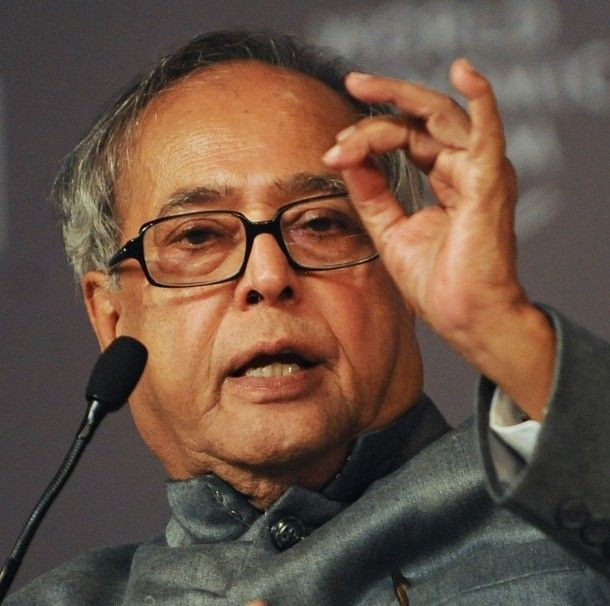India's Jewelers End Gold Strike

Gold-jewelry traders in India, the largest buyer of bullion, called off a 21-day strike after Finance Minister Pranab Mukherjee agreed to consider rolling back recent increases in gold taxes.
The nation's gold retailers were protesting the doubling of the import tax on gold to 4 percent and revised excise taxes on most gold jewelry, which were implemented on March 16.
Any planned changes would have to pass parliamentary procedures, making Mukherjee's assurances somewhat uncertain. Still, Bachhraj Bamalwa, chair of the All India Gems and Jewellery Trade Federation, felt the finance minister's assurances were adequate.
We are more than satisfied after meeting the finance minister, he said, according to the Wall Street Journal. We and all our associated members have decided to call off the strike until May 11 and expect some favorable announcement by the finance minister in Parliament by then.
The strike nearly stopped all gold imports by India, according to the Journal, impacting global prices. It also cost the industry nearly 200 billion rupees ($4 billion) in revenue, Bamalwa added.
The jewelers' main gripe was against the excise tax, which was originally only applied to large, private companies. The new iteration applied to almost all jewelers, causing concerns over compliance issues, as most owned manufacturing entities as well.
The inclusion of the taxes in India's 2012-2013 budget aimed to curtail the purchase of gold and maintain a smaller trade deficit.
Gold for June delivery closed Thursday up $16 dollars to $1,630.10 on Comex, which was closed Friday.
© Copyright IBTimes 2024. All rights reserved.





















